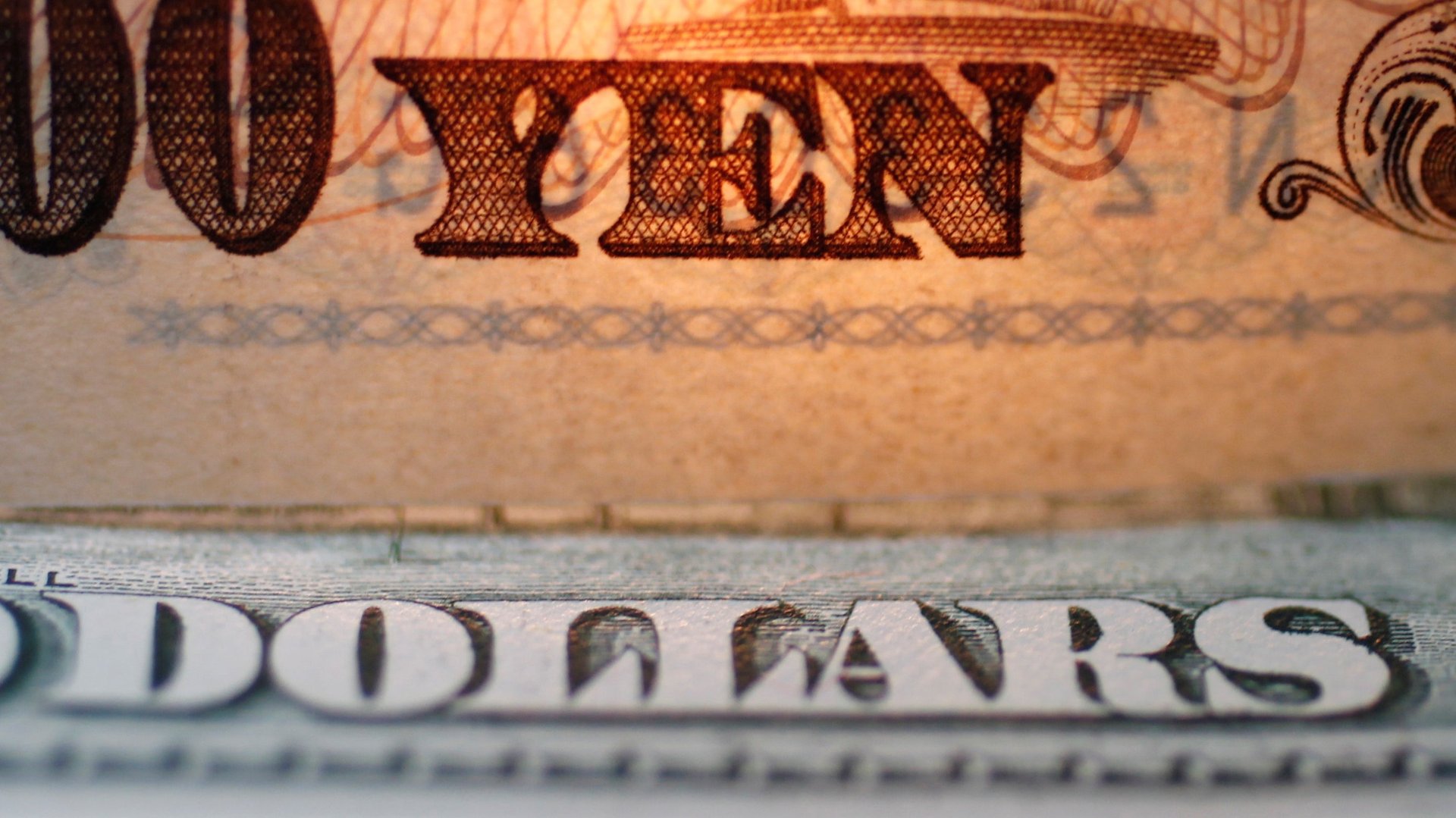New cognitive research finds people who seek instant gratification are generally less thoughtful
Some people want what they want and they want it now. Others also want what they want, but will wait, reflect, and work for more generous rewards. Those patient people tend to be more complex thinkers, according to new cognitive science research.


Some people want what they want and they want it now. Others also want what they want, but will wait, reflect, and work for more generous rewards. Those patient people tend to be more complex thinkers, according to new cognitive science research.
A study published in the journal Judgment and Decision Making in January links a craving for instant gratification with simple thinking generally. Impulsive people may see the world in more simple terms, according to researchers from Brown, Yale, and Harvard Universities.
The team, led by Amitai Shenhav of the Brown Institute for Brain Science, examined the connection between an individual’s impulsivity and their cognitive processes and choices generally. First, they surveyed nearly 8,000 people about their willingness to trade instant gratification for more money later (e.g. “Would you rather have $34 today or $50 in 30 days?” ) Then, the participants took cognitive exams including the Wechsler Adult Intelligence Scale Matrix Reasoning test (a standardized measure of intelligence), and a quiz developed to determine heuristic reasoning, or their ability to devise logical mental shortcuts to solve problems on the fly.
The team also had participants rank their news network preferences, in an effort to investigate preferences for complex or simple information sources. Subjects were asked to rank their top 3 networks from the following list, according to how much they rely on each for their news: ABC, CNN, FOX News, NPR, CBS, NBC, MSNBC.
Separately, to determine the perceived complexity of each network, the team surveyed a separate group of about 250 subjects on how much they associate each network with four terms—”intuitive,” “easy to consume,” “informative,” and “complex/multifaceted.” For each subject and news network, the four ratings were combined into a composite complexity index.
The survey results suggest that NPR is more complex and less easy-to-digest; the earlier survey found that people who preferred NPR also ranked low in impulsivity on the first survey.
Similarly, the team found that people who had high impulsivity tendencies on the first test tended to prefer Twitter to Reddit. Because Twitter is extremely short form, the researchers considered it easily digestible, and not complex information. By contrast, Reddit requires a tolerance for more information in a messier package.
On the whole, the data revealed “small but significant associations” between preferring immediate gratification and hurried approaches to problem solving and a predilection for easier-to-consume news and social media. Those who tended to delay gratification also scored higher on the different standardized intelligence and logical thinking tests.
Still, it’s not quite that simple. Shenhav says there’s an important nuance in this study that shouldn’t be missed: not every situation demands complexity. Sometimes impulsive choices are actually the right choices because it doesn’t always make sense to invest a whole bunch of thought or energy into every decision and action, he explains.
In fact, many of our daily decisions rely on automatic processing, rather than reflection, like brushing our teeth or deciding whether to go to work. These things shouldn’t be a daily struggle. And sometimes a tweet might have about as much information as a person needs.
Everything depends on context, Shenhav cautions. For his part, he’s interested in learning what drives people, judgments aside. “There may be some places where we do want more deliberation, for example when making policy decisions. But that’s for society to decide,” he says.